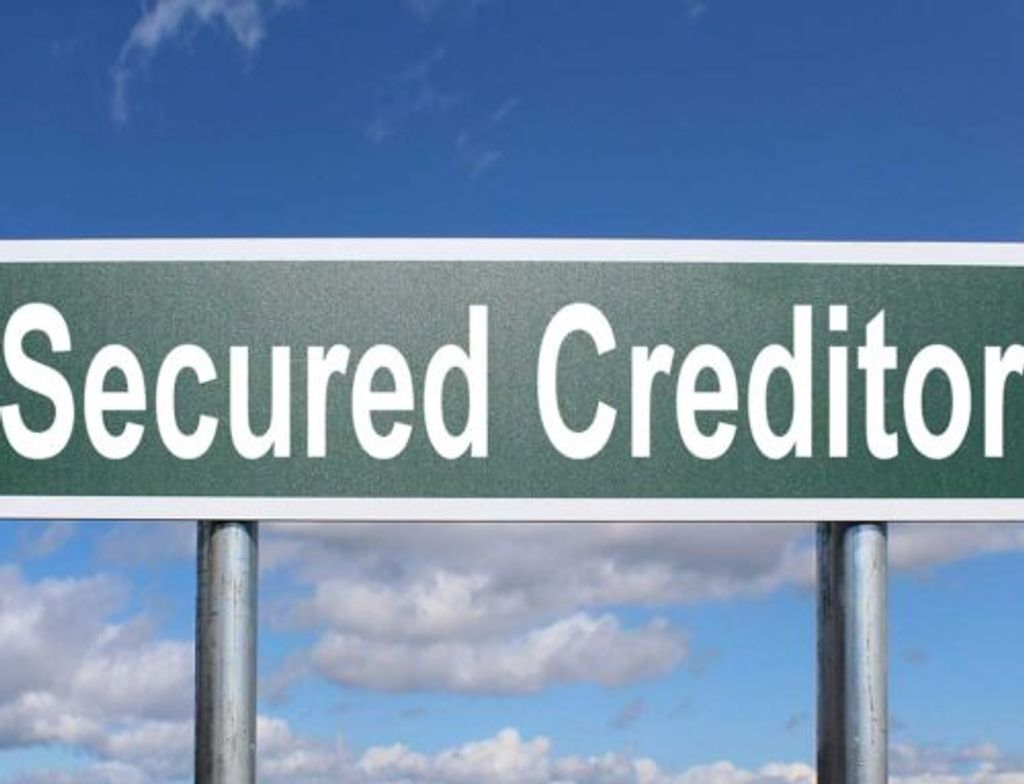The energy sector supply chain is a complex network of suppliers and buyers that play a crucial role in ensuring the smooth operation of the industry. However, one of the challenges faced by energy sector suppliers is the issue of unpaid invoices. When invoices go unpaid, it can have a significant impact on the financial stability and cash flow of suppliers. In this article, we will explore the challenges faced by energy sector suppliers in dealing with unpaid invoices and discuss the key takeaways for suppliers in such situations.
Key Takeaways
- Maintain clear and detailed invoicing practices
- Establish strong relationships with buyers and communicate regularly
- Consider offering discounts for early payment or implementing penalties for late payment
- Be proactive in following up on unpaid invoices and consider legal options if necessary
- Diversify your customer base to reduce reliance on a single buyer
Understanding the Challenges in the Energy Sector Supply Chain
The Impact of Unpaid Invoices on Energy Sector Suppliers
Unpaid invoices can have significant consequences for energy sector suppliers. Cash flow is crucial for these suppliers to meet their financial obligations and invest in their operations. When invoices go unpaid, suppliers may struggle to pay their own suppliers, employees, and other expenses. This can lead to strained relationships, delayed projects, and even bankruptcy.
Common Reasons for Unpaid Invoices in the Energy Sector
Energy sector suppliers often face challenges when it comes to unpaid invoices. Here are some common reasons for this issue:
Legal Options for Energy Sector Suppliers with Unpaid Invoices
If you find yourself facing unpaid invoices in the energy sector, there are legal options available to help you recover the funds you are owed. Here are some key steps to consider:
Understanding the Challenges in the Energy Sector Supply Chain
Frequently Asked Questions
What should energy sector suppliers do if they have unpaid invoices?
Energy sector suppliers should first try to communicate with the client and request payment. If that doesn’t work, they can escalate the issue by sending formal demand letters or seeking legal assistance.
What are the common reasons for unpaid invoices in the energy sector?
Common reasons for unpaid invoices in the energy sector include cash flow problems, disputes over the quality or quantity of delivered goods or services, contract breaches, or financial difficulties faced by the client.
Can energy sector suppliers charge late payment fees?
Yes, energy sector suppliers can include late payment fees in their contracts. However, the enforceability of such fees may vary depending on the jurisdiction and the terms of the contract.
What legal options do energy sector suppliers have with unpaid invoices?
Energy sector suppliers have several legal options, including filing a lawsuit to recover the unpaid amount, enforcing a lien on the client’s property, or engaging in alternative dispute resolution methods such as mediation or arbitration.
How can energy sector suppliers prevent unpaid invoices?
To prevent unpaid invoices, energy sector suppliers can implement clear payment terms and policies, conduct thorough credit checks on potential clients, establish strong contract agreements, and promptly address any payment issues that arise.
What are the potential consequences for energy sector suppliers with unpaid invoices?
The consequences for energy sector suppliers with unpaid invoices can include cash flow problems, strained relationships with clients, damage to reputation, increased administrative and legal costs, and potential financial losses.





